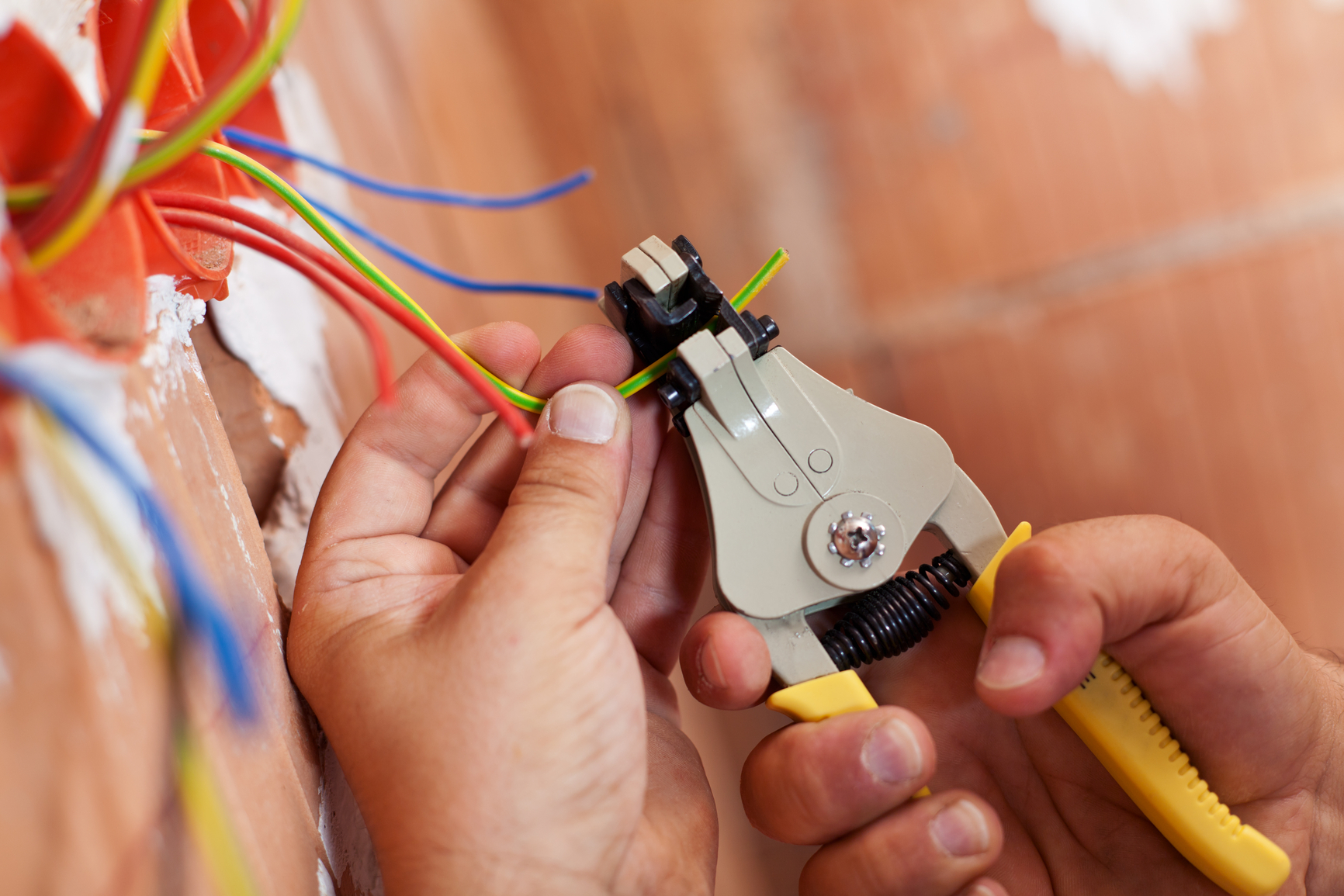An electrical contractor is different from an electrician; an electrician is an individual tradesman, and an electrical contractor is a business person or company that employs electricians. Both usually hold licenses and insurances to properly and safely operate a business, protecting the employees and homeowners/business owners from insurance liabilities.
These requirements vary from state to state. Electricians may work for an electrical contractor or directly for individuals or companies.
Classification of electrical contractors
electrical contractors in Lexington, KY, are generally classified by three major types of work performed.
- “Outside” or “line” contractors are responsible for high-voltage power transmission and distribution lines. Line contractors build and maintain the infrastructure required to transport electricity generated at a power plant through a series of high-voltage lines and substations before it is used to power facilities, buildings, and homes.
- “Inside” electrical contractors provide electricity to any structure within a property’s boundary lines, including outdoor lighting or substations. Under current construction specification guidelines, “inside” electrical contractors can serve as prime contractors for all electrical and cabling design, installation, and maintenance for commercial, institutional, and residential buildings. Projects also include Database Centers/Infrastructure and Pharmaceutical Work.
- “Integrated building systems” (IBS) or “Voice/Data/Video” (VDV) electrical contractors work primarily with low-voltage installations such as backup power, climate controls, wireless networks, energy-efficient lighting, telecommunications, fiber optics, and security systems. IBS contractors are particularly skilled at integrating these system controls for maximum energy efficiency and building performance.
Types of Electrical contractors
Electrical contractors employ workers in many capacities, determined by their training and experience. Some common jobs include the followings:
- Apprentice Electrician — Receives on-the-job training and classroom instruction from licensed journeymen or master electricians about installing, modifying, repairing, and maintaining power and lighting systems. Most apprentice programs last 3 to 5 years, and apprentices earn wages during this training period.
- Journeyman Electrician — Installs, modifies, repairs, and maintains power and lighting systems. Reads blueprints terminate cable and install and troubleshoots control wiring from drawings. Has completed the apprentice program, holds a journeyman’s license (according to state requirements), and supervises apprentices.
- Estimator — Calculates a project’s duration and cost, including materials, overhead, and labor. This estimate is often submitted as a bid on a project and serves as a scheduling and budget guideline for the project proceeds.
- Project Supervisor — Oversees workforce to encourage safe and high-quality installations. Monitors progress in meeting project deadlines. Submits required reports and forms.



